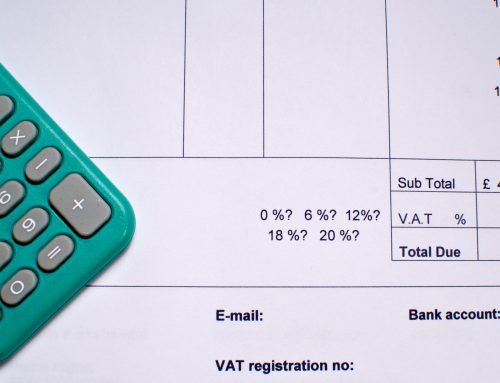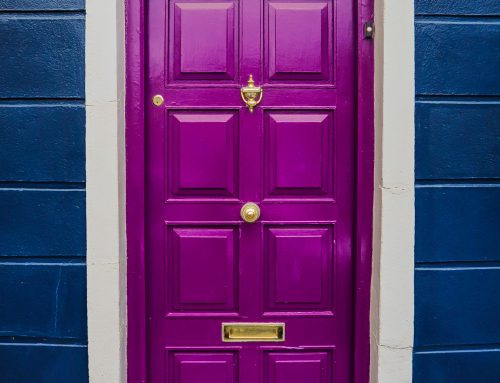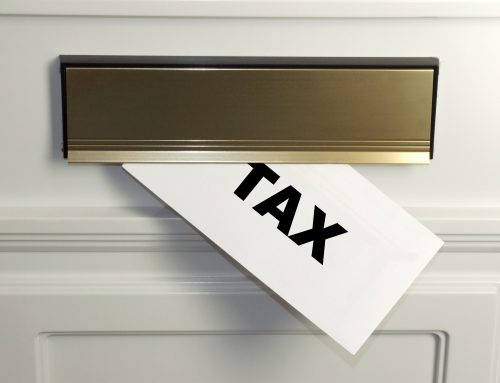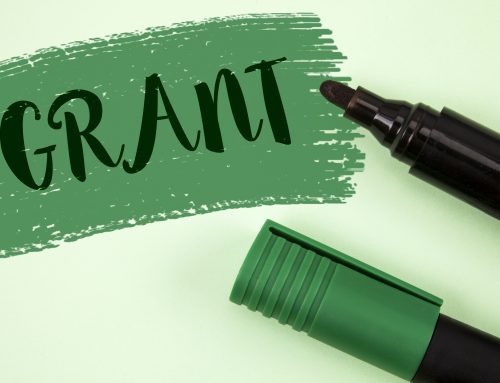The world is currently in the grip of a global pandemic and it is a worrying and anxious time for many. On March 23 to help protect the NHS and save lives new laws came into force that instructed us to stay at home. The government has ordered that all non essential businesses must stop trading and these include pubs and cinemas; libraries and community centres; indoor and outdoor leisure facilities; communal places within parks; places of worship (except for funerals); hotels, hostels, B&B’s; and all retail stores such as beauty salons, clothes shops, electronic stores (with notable exceptions). This list is not exhaustive and understandably this finds many of us who are either employed in these industries or are self-employed or have businesses in these industries in a very worrying situation. Whilst we understand the importance of these rules, we still have bills to pay and food to buy and with no clear end in sight then what financial support is available during these difficult times. On the 17thMarch the government pledged to make available an initial £330 billion of guarantees to support businesses, and this figure will increase if necessary.
For personal finance many mortgage providers are offering 3 month holidays on your mortgage, local councils are offering council tax holidays or reduced payments during these time and many other credit providers such as credit card companies and loan providers are offering assistance to those affected. It is worth checking all your outgoings, and giving your monthly expenditure an overhaul ensuring that all direct debits and standing orders you are paying are still relevant.
For employers and employees the statutory sick pay scheme has been amended to cover those affected by Covid 19. If you, as an employee, or you, as an employer have a sick member of staff then the following new rulings are applicable in cases of Covid-19 and if other previous eligibility criteria are met:
- SSP (at the rate of £94.25) can be paid from day 1 instead of day 4 of illness and for up to 28 weeks.
- No need to visit a GP for sick note if you are unwell or self isolating, this can be obtained from NHS111 online and completing a form
- If you are self employed or do not meet the previous criteria for SSP (e.g. you earn less than £118 per week) you can apply for universal credit or new style employment support allowance.
- If you are self employed and receiving universal credit the minimum floor has been temporarily relaxed.
- Employers with fewer than 250 employees can now claim back the first 2 weeks SSP paid to an employee from the government and this came into force on 13th
The government has also launched the Coronavirus Job Retention Scheme. If you cannot continue to pay your workforce as your business has been severely affected by Covid 19 then you can furlough your employees and apply for a grant that will cover 80% of their wages up to a maximum of £2500 a month plus the associated Employer NI and pension contributions. This is a temporary scheme put in place from 1stMarch for a period of 3 months to be reviewed. Any company that had a PAYE payroll operational on 28thFebruary is eligible to apply and you can claim for employees that were on the PAYE payroll on or before 28thFebruary on any type of contract, including company directors. To be eligible the employee must not undertake any type of work for the company during the period of furlough. You do not have to furlough all your employees and all employment benefits and rights such as holiday pay and length of service are continued during the period of furlough. You must put in writing to your employees that you are making them furlough and keep a record of this for 5 years and the minimum furlough period is 3 weeks. If your employees pay varies then you would work out an average monthly earnings from the 2019-20 year. Agents have received communication from HMRC that the claim portal will be available from April 20th for applications backdated to 1stMarch.
Another form of support that the government has introduced for businesses is the Coronavirus Business Interruption Loan Scheme (CBILS). The British Business Bank is operating the CBILS via its accredited lenders, which covers approximately 40 lenders such as high street banks. The lender can provide loans and overdrafts to its customers with a government-backed guarantee for the repayments to encourage more lending. The government will pay the fees and interest for the first 12 months. To access this scheme, you would do so via your current business banking provider and most lenders now have information available on their websites detailing the criteria and application process.
Small business rates relief is also available and this covers business in retail and leisure industries such as shops, cafes, bars, hotels, b&b’s, etc. Once SBRR is obtained you may then be eligible to apply for a grant. Your local authority operates these schemes and therefore you would access their webpage to find more details for criteria, eligibility and applications. Its also important to note that this type of funding varies depending on where in the country you are and its important to check the relevant government website for full details.
For VAT registered businesses, HMRC are offering deferment of payments due between 20thMarch and 30thJune to March if required. VAT returns should still be submitted by the relevant deadline and you do not need to apply to access the system. If you have a direct debit in place then make sure you cancel this prior to the due date and if you make a manual payment then you do not need to make this and you do not need to notify HMRC. VAT payments after 30thJune will need to be made on time.
For self assessment tax payers who normally make payments on account twice a year in July and January, you do not need to make your payment on account in July. The payment will now be due by 31stJanuary 2021.
Lastly the government has introduced the Self Employment Income Support Scheme. The scheme will allow you to claim a grant of 80% of your trading profits up to £2500 per month for the next 3 months if you are unable to trade due to Covid 19.
To be eligible you must have submitted a tax return in 2018-19, traded in 2019-20, are trading when you apply (or would have been if not for CV19), intend to continue trading, have lost trading profits from CV-19. Your self employed trading income must be less than £50,000 and self employment income makes up more than half of your personal income. You cannot apply for this scheme yet and HMRC will use data already available to them and will contact you to confirm your eligibility and invite you to apply. They anticipate this to be in June.
Data valid as at 12-04-20
https://www.gov.uk/universal-credit
https://www.gov.uk/guidance/new-style-employment-and-support-allowance
https://www.gov.uk/guidance/claim-for-wage-costs-through-the-coronavirus-job-retention-scheme
https://findbusinesssupport.gov.scot/coronavirus-advice/trending-topics
https://businesswales.gov.wales/coronavirus-advice/
https://www.nibusinessinfo.co.uk/business-support/coronavirus






